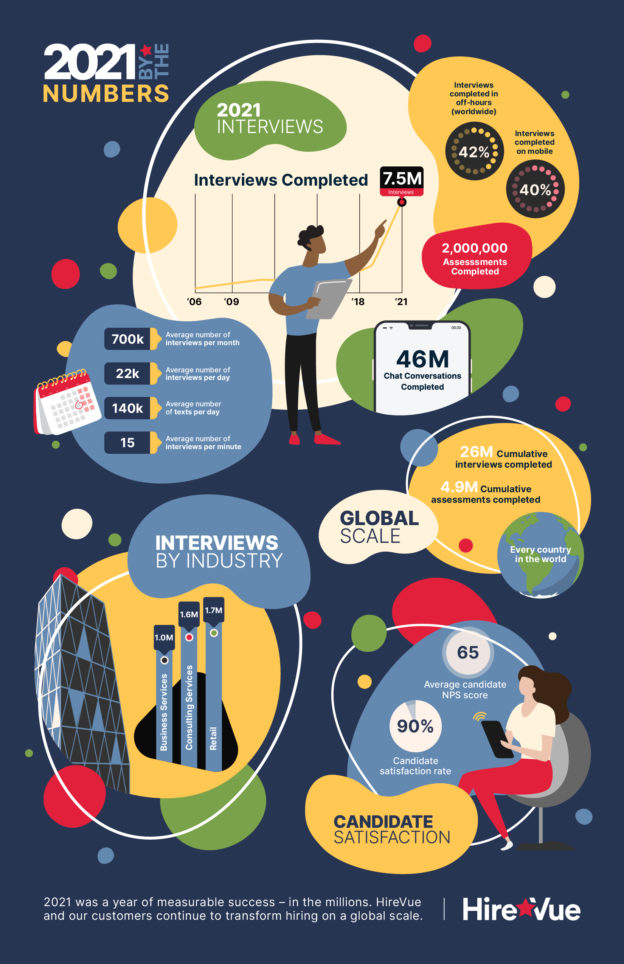Tag: Research
-

Video Interviews up 40% in 2021: New Data from HireVue
The world is more virtual, remote, distributed (did I forget any buzzwords?) than ever before. Our research at Lighthouse shows that video interviews, mobile assessments, and chatbots are seeing usage at higher levels than ever. Check out the graphic below from HireVue, where their data show that video interviews jumped 40% in the last year…
-

13+ HR Case Studies: Recruiting, Learning, Analytics, and More
Reposting a piece from the blog over at Lighthouse Research because I know not all of you subscribe over there! As someone who has worked in the HR profession, I know well the full value of stories, examples, and case studies. At the end of the day, practitioners like us wanted to know that we…
-

50 Conversations in 50 Days: 10 Things I Know about Today’s HR Professionals
Wow. Really. I have spent the last 50 or so days speaking with dozens of HR pros (more than 50 now, but the number worked for the title so I ran with it!) and the takeaways I’ve had are pretty incredible. The gist of it: one of the research projects me and my team have…
-
Artificial Intelligence for HR (a practical viewpoint!)
[Update 2019: The book is OUT! Artificial Intelligence for HR, which highlights the key skills we need to compete with machines in recruiting, engagement, and more, is getting rave reviews. Check it out here.] I’m in the middle of writing a book. Yes, a BOOK! I’m having fun and writing a ton, but I’m also looking…
-
Compensation Transparency: Advice for Getting the Balance Just Right
When we think about tools like Expedia and Yelp, we realize the value of transparency in the marketplace. The underlying issue is information asymmetry – when one party has more information than the other, that party has additional leverage in a discussion or negotiation. Leveling the playing field between two parties in an exchange helps…
-
Performance Management, Culture, and Business Results [New Research]
This summer at Lighthouse we’ve been working our way through a number of research studies, but to be honest one of the ones I’ve been incredibly pumped about is focused on performance management. It’s probably because I get a sense of the discontent around this practice regardless of where I go and who I speak…
-
University of Phoenix Research: Your Employees Aren’t Innovative Enough [Podcast]
Note: If you’re looking for a good app to access We’re Only Human and other podcasts, I personally use Stitcher on my Android device. Did you know that your employees aren’t innovative or creative enough? That’s the latest from a research study performed by University of Phoenix on workplace innovation. In an interesting mix of data, the…